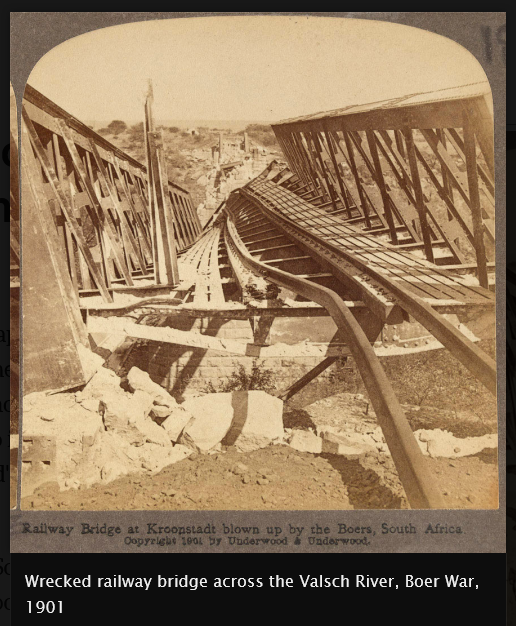A Brief History of Family X
The following is a chapter in a series about the evolution of family X.
This story begins with a young lad from a poor English background, around 15 years old. He was the son of an unwed mother in a poor agricultural area in Suffolk County at the bottom of the social ladder.
June 1879 was exceptionally cold and wet in West Suffolk, England. Newmarket, the world-famous horse racing center, was and still is one of the region’s important towns. Undeterred by the harsh weather, the town was bustling with the activities of trainers, jockeys, stable hands, and those who support the racing industry. The arrival of the new railway platform in Newmarket allowed London’s upper and middle classes to pop up for a weekend to attend its races. Despite the area’s attraction to horse racing, one of the most vital elements of Newmarket’s practical plumbing challenges was the elimination of manure.
On June 7, 1879, around 7 AM, young Harry X started his cold, wet day in Walter Westley’s employ from nearby Landwade. He was working with an older man named James Wells, an inmate living in the Newmarket Workhouse, to load manure onto a wagon. English workhouses were established to provide for individuals who were unable to support themselves financially. People experiencing poverty were forced to perform menial jobs such as loading manure in return for food and lodging. Harry X was working alongside a workhouse inmate.
Harry’s surname will remain a mysterious X for the time being. His surname is problematic because history does not record the surname of Harry’s biological father. His assigned X surname may be revealed, but, for now, we will disclose that X was his unwed mother’s maiden name. Harry X probably never knew his biological father.
All was well in the manure pit until around 11 AM, when Mr. Wells suddenly became enraged with Harry. He indicated that his fellow manure loader was not working hard enough. When Harry reached for his pitchfork to resume work, Mr. Wells suddenly struck him with his pitchfork, and Harry’s head bled profusely.
A doctor arrived and dressed Harry’s wound. Shortly thereafter, Harry’s uncle, William X (his mother’s brother), took him to his house in Exning.
A week later, the local magistrates took testimony about the assault on young Harry. Several witnesses corroborated Harry’s account of the attack. One woman heard Mr. Wells yell, “I’ll knock your ____ head off.” Mr. Wells’ attorney suggested that Harry X’s wound was self-inflicted and that he had mouthed off to Mr. Wells. However, the magistrates found Mr. Wells guilty of assault and committed him to two months in prison with hard labor (probably shoveling manure). They reasoned that even if Harry had been disrespectful to the older man, Mr. Wells should not have struck the young lad.
The 1881 England Census confirmed that Harry X was living with his uncle William X as an agricultural laborer. So, we know that Harry X did not live with his mother full-time for some period after the 1871 English Census. The 1881 Census revealed that his mother was employed as a servant in the household of William Pye at 45 Queens Road, London. However, Eliza returned to Exning and married William Bridgeman in November 1884, when Harry was living independently at the age of 21.
Lightning struck twice as Harry X was assaulted again at a Thingoe, Suffolk County cricket match on July 17, 1889. Arthur Crossby was fined for hitting Harry X in the face eight times. Arthur apologized and said he was tipsy from a few beers; however, Harry must have said or done something.
At age 26, Harry X married Mary Ann Wyman in Whittlesey, Cambridgeshire. The couple subsequently moved to Tottenham, a suburb of London, and a son, William X, was born in December 1890. The 1891 England Census confirmed that Harry X was in Tottenham with his wife and son. His occupation was listed as a bricklayer.
Life in a more urbanized area must have been hard for Harry and Mary X. Their marriage lasted less than ten years. By 1901, Mary X was not living with Harry. She lived with her two children (William and Ellen Eliza X) plus boarders, including Henry Richards, who was one year older than Mary. Unsurprisingly, Mary married Henry Richards around 1902.
While Mary Wyman X quickly found a new husband, what happened to Harry X?
Harry left his English wife and two children between 1893 and 1901. Harry X emigrated to South Africa around 1901, at the end of the Second Boer War, a war between England and the Afrikaners. Since the Second Boer War was extremely brutal, he must have been desperate to leave England. Perhaps he had a similar motivation to young men who joined the French Foreign Legion or immigrated to another country to evade personal or legal problems.

Within two years, Harry X married Lucy Champion, who was 17 years younger and born in Caledon, South Africa. Continuing as a bricklayer in Pretoria and Cape Town, Harry had four sons and two daughters with Lucy over the course of twelve years. His last son, Walter Henry James X, was born a year before Harry died. Harry’s September 1917 death certificate listed him as divorced. So, Harry must have divorced Lucy around the time of his last son’s birth. Although divorced, Lucy was listed as his next of kin on the death certificate. He had no other relatives in South Africa.
Harry X’s life must have been difficult. He was born to an unmarried mother in a rural agricultural community. Although no one has found a record of him living in an orphanage, it is clear that his grandparents and Uncle William probably raised him. Additionally, he must have had a chip on his shoulder or a weakness that made other men want to assault him. Both of his marriages led to abandonment and divorce.
We can trace the lineage of Eliza X, Harry’s mother, back to a man named Nicholas X, who was born in Honington, Suffolk, England, in 1657. For centuries, the X family lived and died largely unnoticed in the farming communities of Suffolk County.

Harry X around 1903

